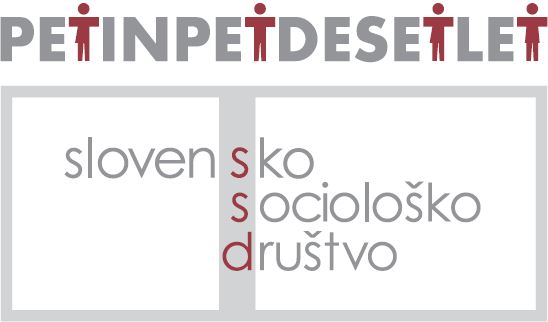Social Science Forum 79 (XXXI)
The (Im)Possible Representation Of National History: National Identity, Memory And Trauma In
Memoria Visual De Una Nación By Mario Toral
Hernán Cuevas Valenzuela
ABSTRACT: This article presents an analysis of the mural titled Memoria Visual de una Nación (Visual Memory of a Nation) with a focus on its panel Los Conflictos (The Conflicts) , by renowned Chilean artist Mario Toral. The representation of divisive events in MVN raises the following questions: Why did Toral include conflictive issues in a mural representing national identity and memory? And, how did Toral deal with national identity and its demand for unity when faced with a divisive and traumatic history? The article deals first with the interconnecte- dness of meaning-making and social and political context and then addresses the tension between the realm of the political -or antagonism- and the realm of hegemonic politics -or order- in search of a deeper understanding of this work of art and its representation of Chilean history and identity.
KEY WORDS: collective memory, visual analysis, identity, divided society/trauma, politics/the political
>> Download
Cooking On Slovene National Television During Socialism: An Overview Of Cooking Programmes From 1960 To 1990
Ana Tominc
ABSTRACT: This article gives a brief historical overview of cooking programmes broadcast on TV Ljubljana between 1960 and 1990 that were mainly produced in Slovenia. From the famous chef Ivan Ivačič in the early 1960s through “Vegeta’s kitchen” in the 1970s to a children’s cooking show, Lonček, kuhaj [Little pot, cook!] in 1990, I analyse the contents of these shows and demonstrate their thematic variation. I also place them in their historical context, especially in terms of socialist television. Cooking shows, which were not only a source of knowledge about new equipment, ingredients and cooking techniques, also revealed to the audience during socialism a different lifestyle, tastes and manners, making television one of the important contributors to the idea of the community, either as a class or nation. Despite this, compared to contemporary cooking shows, the genre of the time remains directed towards education, a feature generally not dissimilar to cooking shows in non-socialist contexts.
KEY WORDS: cooking shows, socialism, television, Ivan Ivačič, Vegeta
>> Download
Queer Child Wanted: Queering the child and the childhood
Jasmina Šepetavc
ABSTRACT: The article focuses on the queer child, the non-normative child who usually stays hidden in formulations of the child as an innocent but presumably heterosexual human being. Therefore, our research is guided by two research questions: where to find and how to talk about the queer child. Since the queer child is usually denied a place within formulations of childhood and thus an articulation of queer desires in the present tense (“I am a queer child”) happens only rarely, we try to find it in fiction with autobiographical elements that are queering the child retrospectively. Through examples of the biomythography Zami: A New Spelling of my Name and an experimental documentary Hide and Seek, we seek to show how queer childhood opens up possibilities of different formulations of desire and growth, whose direction and outcome cannot be easily defined.
KEY WORDS: queer child, autobiography, biomythography, temporality, Zami, Hide and Seek, sideways growth
>> Download
Social sciences and the progress of the new emerging technologies: synthetic biology
Franc Mali
ABSTRACT: In modern societies, the progress of the new emerging technologies needs broad social
support. Only in this way will it be possible to achieve the benefits of technological progress
for the whole of humankind. In this context, cooperation between social-humanistic and
natural-technical thought is very important. As one of the newest emerging technologies,
synthetic biology deserves special attention from the social sciences. Namely, synthetic
biology is still very unknown in broader society. The main thesis of the article is that the
various audit institutions (mostly in Europe) are directing too much attention to the possi-
ble biorisks that could appear with the progress of synthetic biology, but do not take the
economic risks into account even though such economic risks could even bring the further
progress of synthetic biology to a halt.
KEY WORDS: synthetic biology, new emerging technologies, negative social hype, scientific and technological risks, economic risks
